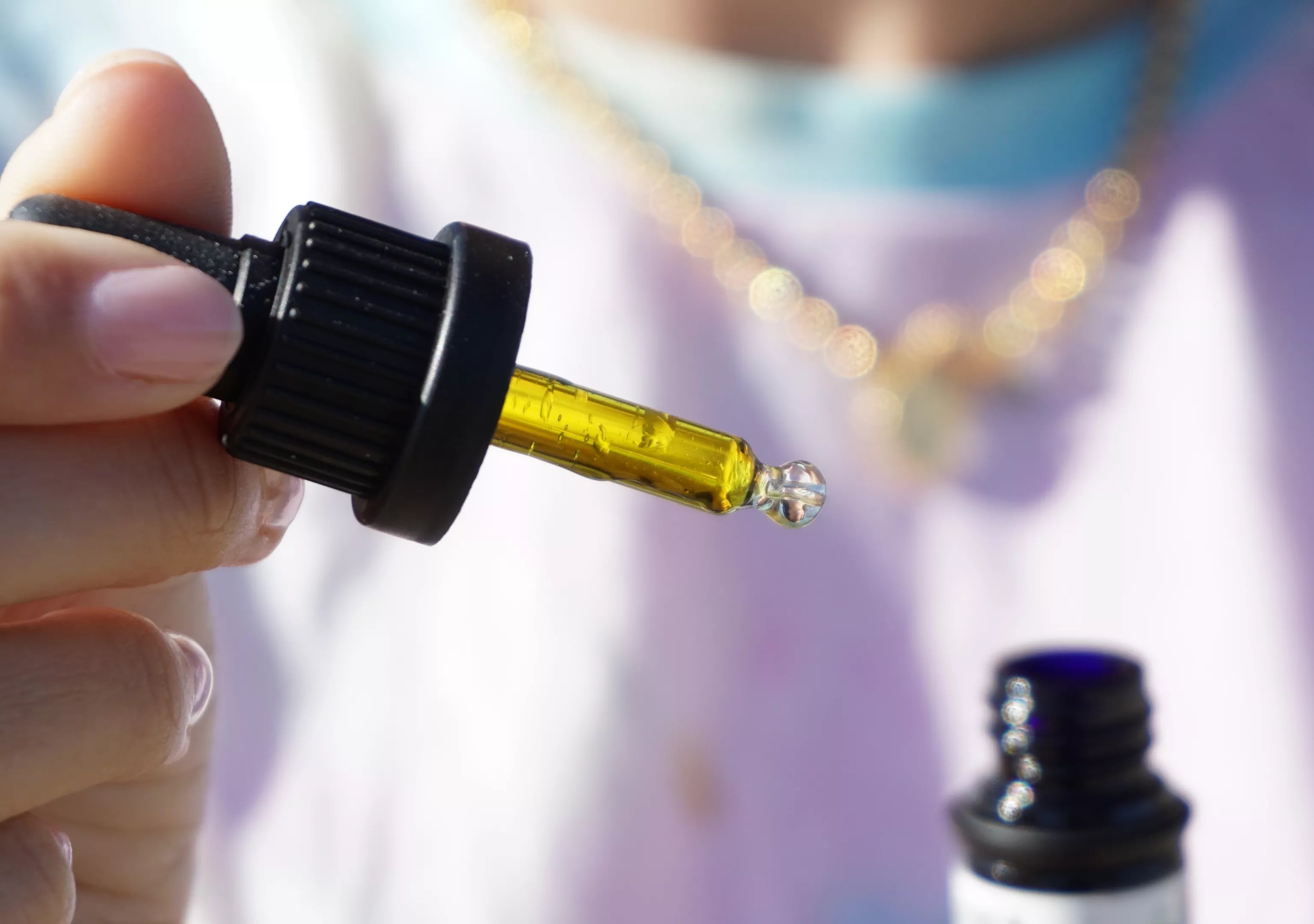
Elsa Olofsson/CBD Oracle

Audio By Carbonatix
The United States Food and Drug Administration has joined the conversation over Delta-8 THC.
Byproducts of federal hemp legalization, modified cannabinoids such as Delta-8 THC are created by chemically converting hemp-derived cannabinoids like CBD into forms of THC, the intoxicating compound found naturally in cannabis.
There are several forms of THC that provide similar effects: Delta-8, Delta-9 and Delta-10 THC. Only Delta-9 THC grows naturally in large amounts on the cannabis plant, and it’s the only form of THC mentioned in the Controlled Substances Act. A legal loophole created by hemp legalization has led to a proliferation of hemp-derived THC products sold online and at retailers outside of dispensaries, such as gas stations and smoke shops.
Regulatory agencies across a handful of states, including health departments and enforcement divisions in Colorado, have issued warnings, legal opinions and outright bans on hemp-derived THC, but the nation’s leading food and drug watchdog has stayed noticeably silent on the topic. In a May 4 announcement, though, the FDA finally made a statement on Delta-8 and modified cannabinoids, and issued a warning to five different Delta-8 THC companies.
“The FDA is very concerned about the growing popularity of Delta-8 THC products being sold online and in stores nationwide. These products often include claims that they treat or alleviate the side effects related to a wide variety of diseases or medical disorders, such as cancer, multiple sclerosis, chronic pain, nausea and anxiety,” FDA Principal Deputy Commissioner Janet Woodcock said in a statement accompanying the announcement. “It is extremely troubling that some of the food products are packaged and labeled in ways that may appeal to children.”
Delta-8 and Delta-10 products are consumed in concentrate and edible form, with vaping and edibles the most popular method of consumption; there are also companies that infuse CBD flower with Delta-8 extract. Users report that Delta-8 brings a high similar to that of Delta-9, but on a slightly lower level, while Delta-10 allegedly leaves users more focused and energized. While some modified cannabinoids arguably have medical benefits, health officials worry that an unlicensed market of potentially intoxicating products poses a threat to public safety.
The FDA has sent similar warning letters to CBD companies – several of which were located in Colorado – in recent years regarding unsubstantiated medical claims and alleged illegal marketing tactics. Federal enforcement actions stronger than warnings are rare, however.
None of the five companies mentioned in the FDA’s first round of Delta-8 warnings are based in Colorado, but the modified cannabinoid debate is currently playing out in the state legislature, with several local factions of the marijuana and hemp industries involved in a political tug-of-war. Cannabis attorney Christian Sederberg, a co-drafter of the Colorado amendment that legalized marijuana and hemp in 2012, says intoxicating products made from hemp weren’t on anyone’s radar ten years ago.
“What [Amendment 64] was intending to do was discussing industrial hemp, which includes food products – but modified cannabinoids and other things like hemp products that are substitutes for THC products really weren’t intended,” Sederberg said in a recent interview with Westword. “We want to ensure that products are sold safely and in the correct venue that prevents consumers and kids from getting their hands on intoxicating products. If products are intoxicating, I think they should be sold in the state’s medical marijuana system or retail marijuana stores.”
Sederberg and other influential members of the marijuana industry say the state needs more guardrails around Delta-8 THC and other modified cannabinoids. Sederberg calls Delta-8 “low-hanging fruit,” adding that state lawmakers and health departments could rein in Delta-8 products more effectively than the federal government currently can. However, the effort is facing pushback from Colorado hemp business owners, who would rather see a state-run task force first research the issue, then recommend new rules.
A bill suggesting such a task force is currently moving through the state Senate, with just a week left to go in the legislative session.